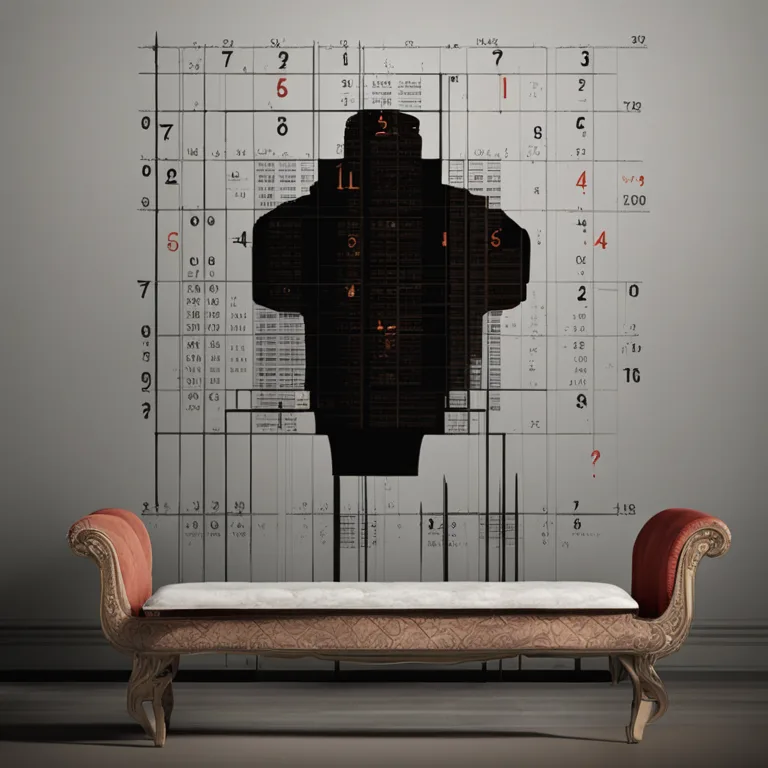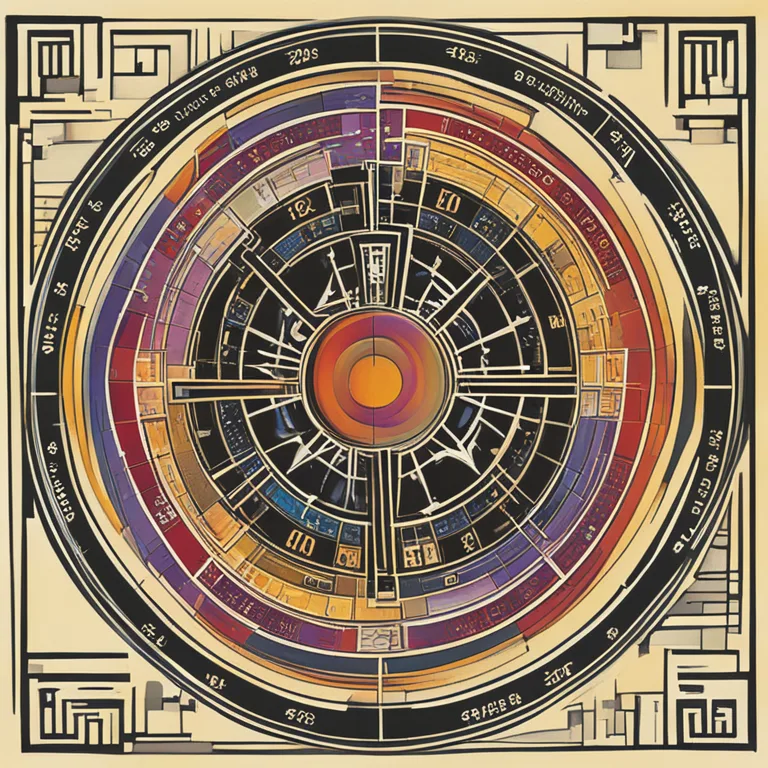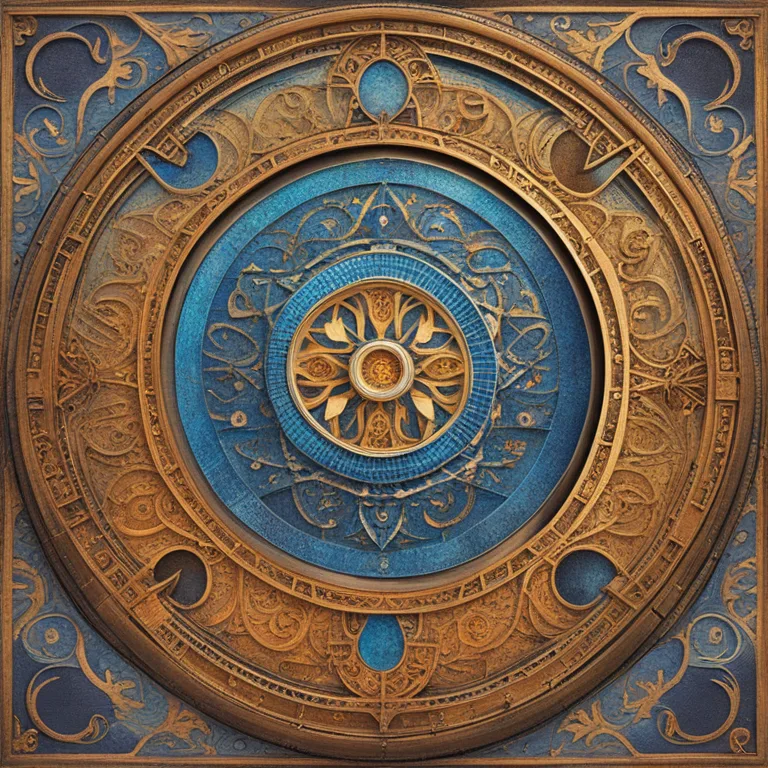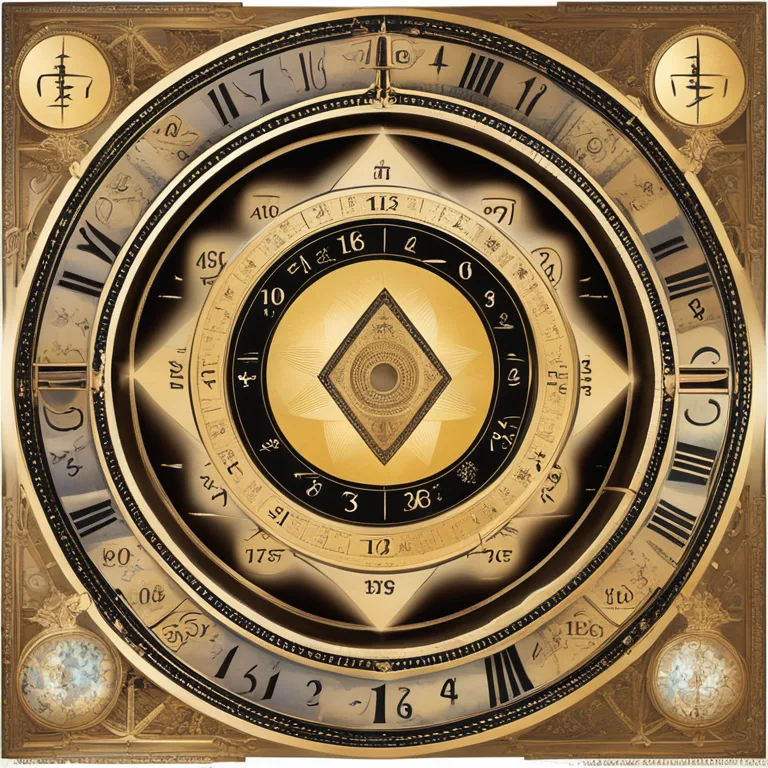
The Limits Of Numerology & Death Prediction
Investigating the capabilities of numerology to predict life's most final event: can death be foreseen through numbers?
article by Sofia Ferguson
Introduction to Numerology
Numerology is an ancient practice that associates numbers with specific cosmic vibrations and attributes them to events and traits in our lives. While numerology can offer insights into personality, life paths, and even compatibility, its use in predicting specific life events, such as death, is a contentious topic. The practice often involves calculations based on birth dates, names, and other significant numerical representations, projecting their influence on one's life experiences. Although numerology is embraced by many individuals as a tool for guidance, one must investigate whether it holds the predictive power over the ultimate destiny of life: death.

A Controversial Question
The question of whether numerology can predict death faces ethical, philosophical, and practical challenges. Ethically, the psychological impact of declaring a predetermined death date could be profound and harmful. Philosophically, this raises debates between fate and free will, questioning if one's lifespan is truly written in the numbers. Practically speaking, numerology does not follow a unified approach, and interpretations can vary significantly among practitioners. This lack of consensus and the absence of scientific evidence supporting numerology's predictive accuracy, particularly about death, make such claims highly speculative and controversial.

What Numerology Can Offer
Numerologists often assert that their practice provides insight into a person's character, life challenges, and opportunities. By calculating life path numbers, expression numbers, and heart’s desire numbers, practitioners aim to offer guidance on personal growth, career paths, relationships, and other life aspects. The more intangible, spiritual side of numerology suggests that it can help individuals understand their soul's journey and purpose. This form of guidance is where numerology thrives, advocating personal empowerment rather than deterministic forecasts.

Death Prediction: A Numerological Perspective
Within the realm of numerology, a few propose that certain numbers may hint at potential life transitions, including death. However, these interpretations are metaphorical rather than literal. Life's critical junctures might be identified as periods of transformation, symbolizing an end to one chapter and the beginning of another. Practitioners cautious of overstepping moral boundaries avoid making concrete predictions about death, and instead, suggest that numerology's value lies in its reflective and preparatory utility for life's everchanging tide.

Respecting Numerology's Boundaries
For numerology to be respected as a spiritual and reflective practice, it is vital to recognize and respect its limitations. Unlike other predictive methods that may delve into precise event forecasting, numerology is better regarded as a source of wisdom to navigate life's uncertainties. The practice can offer comfort and insight by interpreting the meaning behind numbers associated with an individual, but it should never be exploited to assert definitiveness over life or death situations.
Conclusion: Embracing Numerology with Caution
In conclusion, while numerology can be a valuable tool for many seeking direction and self-understanding, extending its scope to include the prediction of death is not only unreliable but also potentially distressing. As we continue to move forward in time, we must consider the adamant boundaries that numerology possesses and approach its potential with mindfulness and integrity.
Published: 12/21/2023
Modified: 12/21/2023
More predictions
Come back here soon to learn more about yourself and your future


Numerology: A Historical Insight
The article delves into the historical inception of numerology, tracing the roots and evolution of this ancient practice.


The Vibrant Year of Numerology 3
Discover the effervescent energy of the Year 3 in numerology, and how it can influence your creative and social endeavors.


The Origins of Numerology
Tracing the Roots and Founding Minds Behind Numerology